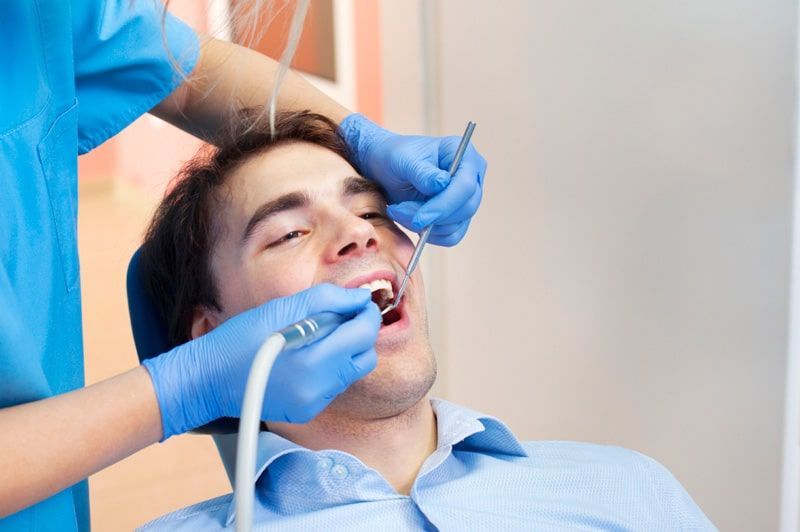
Approximately 96% of the world’s adult population has experienced some sort of headache, according to the National Library of Medicine. And while most people want to find a way to stop them as soon as possible, many people don’t realize that their headaches could be caused by problems with their teeth. Here are 3 ways your oral health can affect chronic or acute headaches:
1 – Bruxism is another name for clenching or grinding teeth. This is often caused by emotional stress and alignment problems between the top and bottom teeth. Bruxism can wear down tooth enamel, fatigue the jaw muscles, and even break/fracture teeth. Most people don’t even realize when they’re clenching or grinding their teeth, and even do it during their sleep. Nerve pain and jaw-muscle soreness can result in headaches.
Some natural ways to help may include:
- Stay away from gum and foods that make your jaw work hard.
- Cut large food into smaller, more manageable bites.
- Use a hands-free device to talk on the phone, rather than holding it between your ear and neck.
- Try not to touch your upper and lower teeth unless eating or speaking.
- Try exercise, therapy, or meditation to help manage stress.
Your dentist can also help eliminate bruxism and the related headaches by examining your teeth, jaw and muscles to help determine a path for treatment. Suggested treatments may include custom night guards (not the over-the-counter kind, which can actually make the problem worse), dental crowns, braces, or oral surgery.
2 – Infections/Abscesses are caused by fractured or decaying teeth. Nerve tissue that has been infected with bacteria can cause tooth damage or a sinus infection, both of which can cause painful headaches. It can also lead to more serious complications like infection of major organs and meningitis.
Treating a problem tooth or toothache as soon as possible is the best way to avoid the worst complications. Treating the tooth, often in conjunction with antibiotics will also help the headaches caused by the infection.
3 – Tooth Damage, such as a cracked, broken, or severely worn tooth can expose nerve tissue, causing pain to the area and headaches. This nerve pain can be severe enough to cause migraines, light/sound sensitivity, nausea, and vomiting.
If you are suffering from severe headaches and have tooth damage, you should see a dentist as soon as possible, to treat the tooth. This will relieve the pain caused by the damaged tooth, and will also help protect against further damage and infection.
If you have headaches and suspect that they might be coming from a dental issue, make an appointment to see your dentist immediately and tell them you are in pain, or call our office at (702)473-5100 to schedule an evaluation/exam and learn more about dental treatment for headaches.

